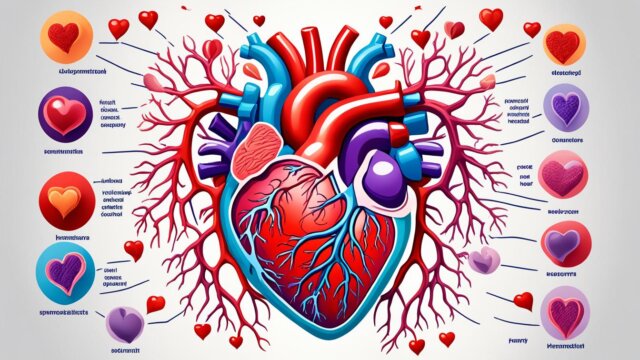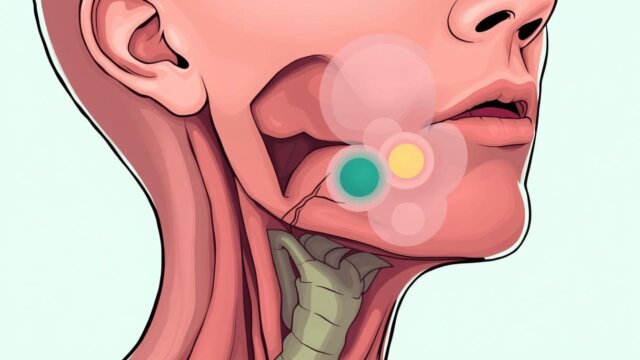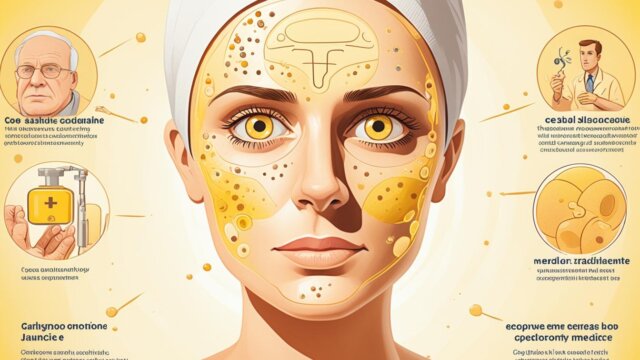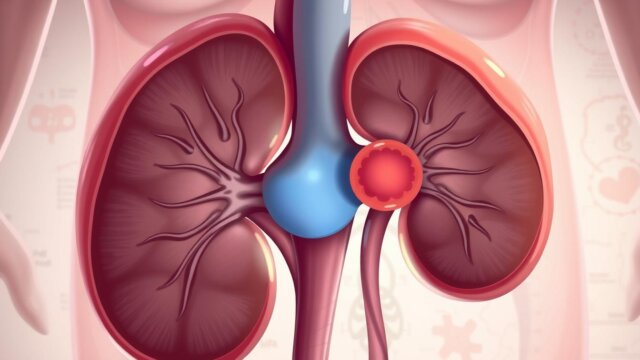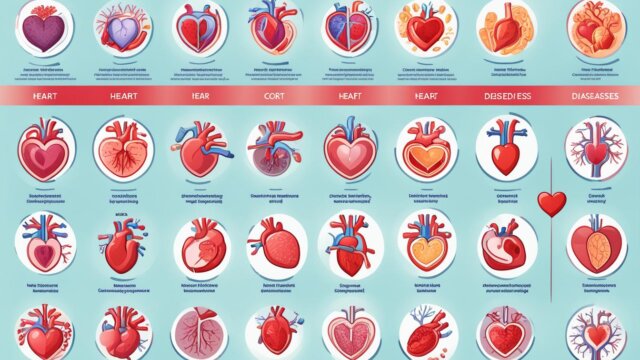FTC disclaimer: This post may contains affiliate links and we will be compensated if you click on a link and make a purchase.
Did you know that about 2.5 million people in the U.S. see a doctor each year for constipation? This issue affects people of all ages and can cause a lot of discomfort. We’ll look at the causes, symptoms, and treatments for constipation. We’ll also share tips to help you feel better.
Constipation means it’s hard to pass stool or you don’t go to the bathroom often. It can make you feel bloated and uncomfortable. Knowing what causes it is the first step to getting help.
Not eating enough fiber is a big reason for constipation. Fiber helps you go to the bathroom regularly, especially with enough water. Being less active and some medicines, like pain relievers and antidepressants, can also cause it. Women, older people, and those with certain health issues are more likely to have it.
Key Takeaways
- Constipation is a common issue in the U.S.
- Lack of fiber, being less active, and some medicines can cause it.
- Older adults, women, and those with certain health issues are more at risk.
- Laxatives can help quickly, but use them carefully and for a short time only.
- Eating more fiber, drinking water, and exercising can help prevent and manage it.
What is Constipation?
Definition and Symptoms
Constipation means you don’t go to the bathroom often, or it’s hard to pass stool. You might also have hard, dry, or lumpy stools. It can happen sometimes or all the time and really affects your life.
Signs of constipation include straining when you go to the bathroom. You might feel like you didn’t fully go or like something is blocking you. It can also cause problems like hemorrhoids, anal fissures, and rectal prolapse from straining.
About 16 out of 100 U.S. adults have constipation. It’s more common in people over 60, with one-third of those aged 60 and up dealing with it. Women get it twice as much as men and it’s common during pregnancy too.
Constipation can really affect your day, causing discomfort and frustration. Knowing what it is and its symptoms helps you find the right treatment.
“Constipation is the most common gastrointestinal complaint, leading to 2.5 million doctor visits annually.”
Causes of Constipation
Constipation can come from many things, like what we eat and how active we are, or even some health issues and medicines. Knowing what causes it is key to fixing it.
Lack of Fiber and Fluids
Eating too little fiber and not drinking enough water are big reasons for constipation. Fiber makes stool bigger and helps it move better. Without enough, stool gets hard and hard to pass.
Physical Inactivity
Not moving much can also make you constipated. Exercise helps keep your intestines working right. But sitting still too much slows down digestion and can cause constipation.
Medications and Medical Conditions
Some medicines, like painkillers and blood pressure drugs, can make constipation worse. Also, health issues like diabetes and Parkinson’s disease can cause it too.
Cause | Prevalence |
|---|---|
Chronic Constipation | Affects approximately 3% of the U.S. population |
Constipation in Pregnant Women | Approximately 26% of pregnant women report constipation |
Constipation in Parkinson’s Disease | Around 17% of individuals with Parkinson’s disease experience constipation |
Constipation in Diabetes | An estimated 20%-60% of individuals with diabetes experience constipation |
Constipation in Diverticular Disease | Approximately 50% of individuals over the age of 65 are affected by diverticular disease, which can lead to constipation |
By fixing the causes of constipation, people can get better and feel better too.
Risk Factors for Constipation
Constipation can happen to anyone, but some things make it more likely. Knowing these risk factors helps find causes and prevent them.
Older people often get constipated. This is because they move less, eat differently, and take some medicines.
Women face a higher risk of constipation, especially as they get older. Hormonal changes, being pregnant, and pelvic floor issues are to blame.
Sitting too much and not moving can lead to constipation. Exercise helps keep the digestive system working right.
Depression and eating disorders can make constipation worse. They mess with the brain-gut link, causing bowel problems.
Some medicines, like painkillers, antidepressants, and blood pressure drugs, can cause constipation.
Pregnancy is a big risk for constipation. The growing baby presses on the intestines, slowing them down.
Conditions like Parkinson’s disease, multiple sclerosis, and pelvic floor issues can also cause constipation. They affect the nerves or muscles in the gut.
Family history and genes might also play a part. Some people might be more likely to get constipation because of their genes.
Knowing these risk factors helps people prevent or manage constipation. They can change their diet, move more, and see a doctor when needed.
Constipation in Infants and Children
Constipation is common in infants and children. It needs quick attention and the right care. Sometimes, it can mean a serious issue like Hirschsprung’s disease in newborns. This is when the intestines lack nerves or form wrongly at birth.
Signs of constipation in babies include fewer bowel movements, straining, and different stool consistency. Newborns usually have four soft bowel movements a day. Breastfed babies in the first three months have about three soft bowel movements. Formula-fed babies have two to three bowel movements a day, based on their formula.
For infants not eating solid food yet, doctors might suggest 1 to 2 ounces of 100% fruit juice daily. Glycerin suppositories can help if constipation doesn’t go away. But, always talk to a doctor before using laxatives or other treatments.
Constipation can happen during weaning or potty training, and even in school kids due to changes in their life. By two years old, kids usually have one to two bowel movements a day. By four years old, it’s one or two a day. Parents can stop constipation by changing the child’s diet, fluid, and toilet habits.
If a baby hasn’t had a stool in three days and shows signs like vomiting or crankiness, see a doctor. Seeing blood in the stool, extreme constipation or certain health issues means you should get medical help fast.
Knowing what causes and how to manage constipation in kids helps parents keep their kids happy and healthy. Watching closely, acting quickly, and talking to doctors is key to solving this common problem.
Constipation during Pregnancy
Constipation is a common issue for many pregnant individuals, affecting around 40% of them. Hormonal changes, physical changes, dietary changes, and reduced physical activity during pregnancy can cause this discomfort. Up to 2 out of 5 people experience constipation at some point during pregnancy.
The pregnancy hormone progesterone slows down food movement in the intestines, causing constipation. Low dietary fiber also adds to constipation during pregnancy. If you had constipation before pregnancy, it might get worse or come back.
Constipation might go away on its own, but sometimes you need laxatives or other treatments. Safe laxatives include stool softeners and some fiber supplements. Other safe laxatives include certain types of laxatives that aren’t absorbed by the body.
Safe laxatives also include magnesium-based laxatives and lactulose. Making lifestyle changes like drinking more water and eating fiber can help prevent constipation.
Iron supplements are important but can cause constipation. You might need stool softeners if you take iron supplements.
Not treating constipation can lead to serious problems like anal fissures and rectal prolapse. Talking to a doctor or midwife can help find the right laxative for you.
Drinking plenty of water and eating whole grains and fruits can help with constipation during pregnancy. After giving birth, constipation can continue due to surgery or strong pain medicines.
About half of pregnant women get constipation at some point. Eating 25-30 grams of fiber daily can help prevent it. Drinking 8-12 cups of water a day also helps. Exercise can also ease constipation during pregnancy.
Pregnant women need more iron, which can cause constipation. Taking less iron and eating more iron-rich foods can help. Probiotics can also improve bowel movements during pregnancy. Some over-the-counter medicines are safe for pregnant women to use for constipation.
Laxatives and Over-the-Counter Treatments
Laxatives and over-the-counter (OTC) treatments can help with constipation. They make bowel movements easier by softening, stimulating, or lubricating the bowels. But, use them carefully and only for a week at most. Long-term use can lead to dependence and other issues.
Types of Laxatives
There are different kinds of laxatives:
- Fiber supplements like psyllium (Metamucil), polycarbophil (FiberCon), and methylcellulose (Citrucel) add bulk to stools.
- Stool softeners such as docusate (Colace) help mix fluid with stools for easier passage.
- Stimulant laxatives like bisacodyl (Dulcolax) and sennosides (Senokot) speed up bowel movements but shouldn’t be used for a long time.
- Osmotic laxatives such as polyethylene glycol (Miralax) and magnesium hydroxide (Milk of Magnesia) soften stools by keeping the intestine moist.
- Lubricant laxatives use glycerin suppositories to make passing hard stools easier.
Most constipation can be fixed with diet and lifestyle changes.
Precautions and Side Effects
Laxatives should be used with care. They can cause cramping, gas, bloating, nausea, or diarrhea. They’re not meant for long-term use. If you use them for more than a week, talk to a healthcare provider.
Some people, like kids and those with certain health issues, might face risks from laxatives. Allergies to laxative ingredients like psyllium and phenylalanine can also stop their use in some cases.
Keep OTC laxatives safe and out of children’s reach. They might not work well with other medicines. Always talk to a healthcare provider before using them for a long time.
If constipation doesn’t go away or you need to use laxatives often, see a doctor. Severe symptoms like rectal bleeding or sudden changes in bowel habits need quick medical help.

Constipation
Constipation is a common issue where you have fewer bowel movements than usual. It makes passing stool hard and the stools are hard, dry, or lumpy. It can be short-term or long-term and affects your quality of life. It’s important to know the causes and get the right treatment.
Not having a bowel movement more than three times a week might mean you’re constipated. Many things can cause it, like slow-moving stool, certain medicines, and diet changes. Some medicines, like those for pain or depression, can make it worse.
Constipation can happen due to many health issues, such as not eating enough fiber or liquids, or not being active enough. It can also be caused by some diseases or hormonal problems.
About 4 million Americans deal with constipation often, with women more likely to have it than men. The National Digestive Diseases Information Clearinghouse says it’s when you have less than three bowel movements a week, or when your stools are hard and small.
To help with constipation, eating more fiber and drinking plenty of water is key. Drinking coffee or tea in the morning can also help. But, eating dairy, processed foods, and too much fat can make it worse.
Some foods like dairy, apples, broccoli, wheat, and lentils can cause digestive issues, including constipation. Exercise helps keep your bowels regular. If certain medicines cause constipation, your doctor might suggest other ones.
There are different types of laxatives for constipation, like fiber supplements and special medicines. Sometimes, surgery is needed if constipation is caused by a problem in the colon or rectum.
If constipation is not treated, it can lead to serious problems like hemorrhoids or rectal prolapse. If it lasts more than three weeks, you might have a condition called Chronic Idiopathic Constipation.
About 1 in 7 healthy people get constipated. Women and older people are more likely to have it. Some medicines, like opioids, can cause it. Being less active can also make it worse.
Women may get constipation during their periods. It can happen at certain times in the menstrual cycle. Weak pelvic muscles can also cause it, especially after childbirth.
Constipation can be slow-moving or normal transit type. Some people have trouble passing stools even when they try hard. Passing hard or small stools often is a sign of constipation. Not going to the bathroom often is another symptom.
Changing your diet and drinking enough fluids can help prevent and treat constipation. Eating foods high in fiber is good for some people with constipation. But, increase fiber slowly to avoid making things worse.
Medical Treatments for Severe Constipation
If home remedies and over-the-counter drugs don’t help with constipation, doctors might suggest stronger treatments. These can be medicines or surgery. They aim to fix the real causes and help the bowels work better for those with ongoing constipation.
Prescription Medications
Doctors may prescribe different types of medicines for constipation. Each type works in its own way to help you go to the bathroom regularly. Stimulant laxatives make the intestines contract to move stool along. Osmotic agents add water to the intestines to soften stool and make it easier to pass. Prokinetic drugs help the intestines move better by making the muscles work together.
There are also stool softeners and lubricants to help with passing stool. Doctors might also suggest medicines like linaclotide (Linzess), plecanatide (Trulance), and naloxegol (Movantik) for certain types of constipation.
Surgical Interventions
In some cases, surgery might be needed if other treatments don’t work. Surgery can fix blockages, fix structural issues, or help with pelvic floor problems. Biofeedback training is another option, using devices to help control muscles.
Surgery is usually the last choice but can greatly improve life for those with severe constipation. Researchers are also looking into probiotics and acupuncture as new ways to treat constipation.
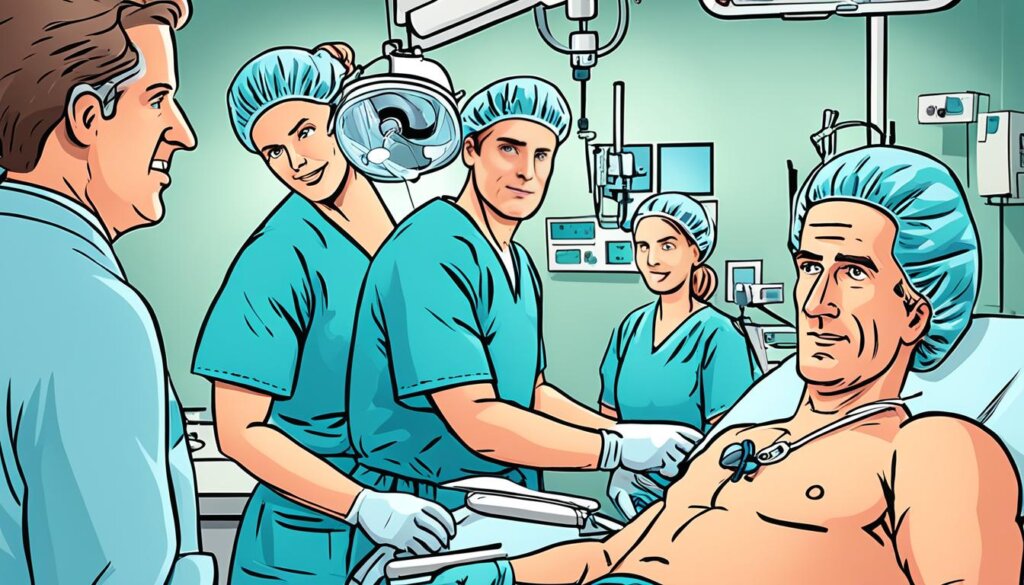
It’s important to work with your doctor to find the best treatment for you. With the right medical help and a healthy lifestyle, you can find relief from constipation.
Home Remedies for Constipation Relief
There are many home remedies that can help with constipation. These include changing your diet and your lifestyle. They help make your bowel habits regular.
Dietary Changes
Eating more fiber is a great way to make your stool softer and help your bowel movements. Add foods high in fiber like fruits, veggies, whole grains, and beans to your meals. Try to get 30 grams of fiber a day if you’re a man, and 20-25 grams if you’re a woman. Drinking lots of water, about 1.8 liters a day, also helps keep your bowel habits regular.
Lifestyle Modifications
Being active can help with constipation. Try to exercise for at least 150 minutes a week, like walking fast. Also, having a regular bowel routine, going when you need to, and sitting right on the toilet can help too.
Natural laxatives like senna, kiwifruit, and flaxseed can also help with constipation. But, be careful with these remedies and talk to a doctor before using them a lot.
Using these home remedies can help you manage constipation and keep your digestive system healthy. If constipation gets worse or doesn’t go away, see a doctor to check for other health issues.
Home Remedy | Benefits | Precautions |
|---|---|---|
Dietary Fiber | Softens stool, improves bowel movements | Increase fiber intake gradually to avoid bloating and gas |
Hydration | Helps maintain regular bowel habits | Drink water throughout the day, not just with meals |
Exercise | Stimulates digestive system, promotes regularity | Start with low-intensity exercises and gradually increase |
Natural Laxatives | Provide temporary relief for occasional constipation | Use with caution, as long-term use can lead to dependency |
“Addressing constipation through simple lifestyle changes can make a significant difference in your overall digestive health and well-being.” – Dr. Jane Doe, Gastroenterologist
When to Seek Medical Attention
If you have mild or occasional constipation, you might manage it at home. But, seeing a doctor is key if you notice warning signs. These signs include constipation over three weeks, bad stomach pain, bleeding from the rectum, trouble passing gas, vomiting, and losing weight without a reason.
If constipation is not treated, it can cause serious problems like hemorrhoids, anal fissures, and more, so seeing a doctor quickly is important.
Warning Signs and Complications
Many people deal with constipation, says Dr. Neeharika Kalakota, a gastroenterologist. Signs include not going to the bathroom three times a week, having hard stools, straining, feeling like you can’t fully empty your bowels, bloating, and stomach pain. Doctors say you’re constipated if you go less than three times a week.
Constipation lasting over four weeks is called chronic. If not treated, it can lead to serious issues like hemorrhoids and more. Bad stomach pain and constipation can also mean you need urgent medical help, possibly surgery.
A little bleeding from hemorrhoids is okay, but a lot of bright red blood means you should act fast. Chronic constipation can cause hemorrhoids, which bleed when you strain too much. Dark stool blood means bleeding is happening high up in your digestive system.
If you see any warning signs or think you might have complications, get medical help fast. Doctors can find the cause and help you.
Warning Signs of Constipation | Potential Complications |
|---|---|
|
|
Only a few people with constipation have a serious health issue, says the Cleveland Clinic. But, if symptoms are bad or don’t go away, see a doctor to check for serious problems and get help.
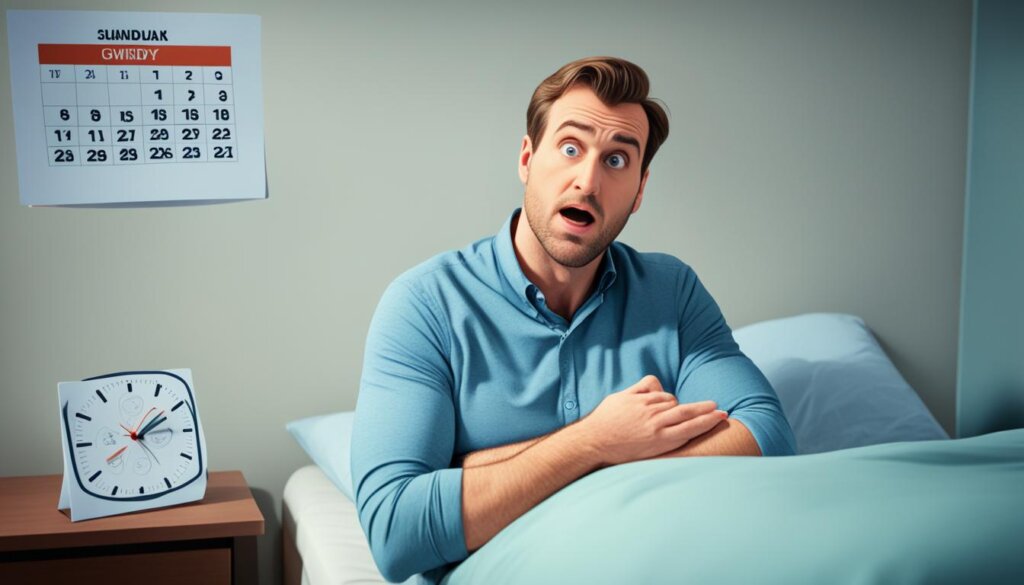
“Constipation is an extremely common issue, with gastroenterologists like Dr. Neeharika Kalakota seeing patients for constipation every single day.”
If you or someone you know has severe constipation or complications, get medical help right away. Quick action can stop more problems and make you feel better.
Diagnosis of Constipation
If you’re having trouble with constipation, your doctor will start by asking about your health history and doing a full physical check-up. They will look for signs of dehydration, swelling, or pain in your belly, and do a rectal exam.
Medical Tests and Exams
After the first check-up, your doctor might order more tests to find out why you’re constipated. These tests could be:
- Blood tests – to see if you have anemia, hypothyroidism, or celiac disease.
- Stool tests – to find blood or signs of infection in your stool.
- Urine tests – to check for diabetes.
- Endoscopic procedures – like colonoscopy and flexible sigmoidoscopy, to see inside your colon and rectum.
- Colorectal transit studies – using markers or scans to track how your stool moves.
- Defecography, anorectal manometry, and balloon expulsion tests – to check how your anus and rectum work.
- Imaging tests – like X-rays, MRI, and CT scans, to find any problems in your gut.
These tests and exams help your doctor figure out why you’re constipated. This way, they can make a good plan to help you.
If you have constipation that doesn’t go away or is very bad, you should see a doctor. They can help find the cause and make a plan to help you feel better.
Prevention of Constipation
Taking steps early can stop constipation and keep your bowel movements regular. Eating foods high in fiber is important. The Academy of Nutrition and Dietetics says women should eat 25 grams of fiber a day, and men should eat 38 grams. But most people only get about 15 grams a day.
High-fiber foods include 1/2 cup of navy beans (9.5 grams), 1 small pear (4.4 grams), 1/4 cup of dates (3.6 grams), 1 medium apple (3.3 grams), and 1 medium sweet potato (4.8 grams).
Drinking lots of water is also key. Experts say to drink 8 to 10 cups (2 to 2.5 L) of liquids, especially water, every day to help with constipation. Being active can also help by making bowel movements easier. Trying to go to the bathroom at the same time every day can also help.
Dietary Tips
- Eat more soluble fiber from whole grains, apples, bananas, cooked veggies, and oatmeal.
- Slowly add more fiber to your diet, aiming for 25–30 grams a day for women and 30–38 grams for men for better digestion.
- Add prunes and prune juice, which have sorbitol to help with constipation.
- Avoid foods high in fat, like fried foods and processed meats, as they can cause constipation.
- Try the BRAT diet (bananas, rice, applesauce, and toast) for constipation and diarrhea.
Lifestyle Modifications
- Stay active to help your bowel movements.
- Drink hot drinks, like coffee or tea, to help with constipation by speeding up digestion.
- Avoid fasting, as it can mess with your bowel regularity.
Using these tips can help prevent constipation and keep your bowel habits healthy.,,

“Fiber supports the microbiome – the healthy balance of bacteria in the digestive tract.”
If you have bad symptoms like no bowel movement for three days, bloating, or blood in your stool, see a doctor. They can give you advice and may prescribe treatments.
Complications of Untreated Constipation
If constipation is not treated, it can cause big problems. Hemorrhoids, or swollen veins in the anus, can happen because of hard stools. These can be painful and itchy, and they often bleed when you go to the bathroom.
Anal fissures are another issue – they are small tears in the tissue around the anus. They can happen from hard, dry stools or straining too much. People with these fissures might get more tears later on.
Fecal impaction is a blockage in the intestines from hard stool. It’s more common in kids and older people. If not treated, it can lead to serious problems like peritonitis, bowel ulceration, bowel perforation, and thrombosed hemorrhoids.
In bad cases, rectal prolapse can happen. This means the rectum sticks out of the body because of constant straining from constipation.
Complication | Description | Risk Factors |
|---|---|---|
Hemorrhoids | Swollen veins in the anus | Chronic constipation, straining during bowel movements |
Anal Fissures | Small tears in the tissue around the anus | Passing hard stools, excessive straining |
Fecal Impaction | Blockage caused by hardened stool buildup | Common in children and older adults |
Rectal Prolapse | Protrusion of the rectum outside the body | Chronic straining during bowel movements |
It’s important to treat constipation early to avoid these serious problems.
“Chronic constipation affects up to 33% of adults over the age of 60.”
See a doctor if constipation doesn’t get better or gets worse. Quick treatment can stop these problems and keep your digestive system healthy.
Conclusion
Constipation is a common issue that can happen for many reasons. These include not eating enough fiber and fluids, not moving much, some medicines, and health problems like Irritable Bowel Syndrome (IBS). If you have constipation, you can try making changes in your life and using over-the-counter treatments. But, if it doesn’t get better or is very bad, you might need to see a doctor.
To avoid and fix constipation, eating a lot of fiber, drinking plenty of water, and moving more are key. Also, knowing about things that might make you more likely to get constipation, like getting older, being pregnant, or taking certain medicines, is important.
If constipation doesn’t go away or gets worse, you should talk to a doctor. With the right steps, most people can handle their constipation and keep their digestive system healthy.
This article has covered the main points about constipation, like what causes it, what it feels like, and how to treat it. It aims to help readers take steps to deal with constipation and better their digestive health. Whether it’s changing your diet and lifestyle or seeing a doctor when needed, the aim is to ease constipation and keep your digestive system happy and healthy.
FAQ
What is constipation?
Constipation means it’s hard to pass stool. It can cause belly pain, bloating, feeling sick, and not going to the bathroom often.
What are the causes of constipation?
Not eating enough fiber and water, not moving much, some medicines, and health issues can cause constipation.
Who is at risk of developing constipation?
Older adults, women, people who sit a lot, and those with mental health issues are more likely to get constipated.
How can constipation affect infants and children?
Babies and kids might get constipated from not passing their first poop, stopping breastfeeding, learning to use the potty, or feeling stressed. It’s important to treat it quickly to avoid problems.
How common is constipation during pregnancy?
About 40% of pregnant women get constipated. This is because of hormone changes, eating differently, and moving less.
What types of laxatives and over-the-counter treatments are available for constipation?
There are many laxatives like fiber supplements, stool softeners, and more. But, use them carefully and only for a week at most.
When should someone seek medical attention for constipation?
See a doctor if you’ve been constipated for over three weeks or if it’s very bad. Look out for a lot of belly pain, bleeding, not passing gas, vomiting, or losing weight without trying.
How is the cause of constipation diagnosed?
Doctors will ask about your health history, check you over, and might do tests like X-rays or endoscopies to find out why you’re constipated.
What can be done to prevent constipation?
Eating foods high in fiber, drinking plenty of water, staying active, and going to the bathroom at the same time every day can stop constipation.
What are the potential complications of untreated constipation?
Not treating constipation can lead to problems like hemorrhoids, anal tears, not being able to pass stool, and the rectum pushing out.


